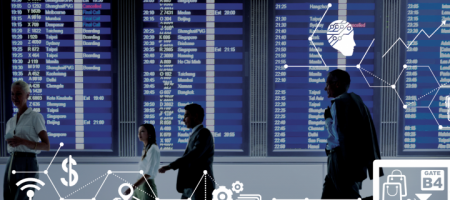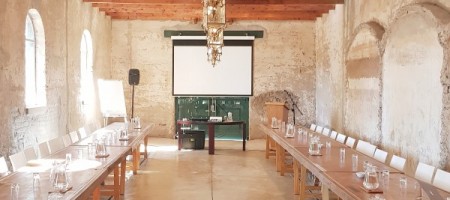In the past, dedicated teams for travel management were only for large groups. Today, even small and medium sized enterprises (SME) are dedicating resources to managing their travel and place importance on traveller satisfaction as a crucial lever for increasing compliance and enlarging return on investment in travel spend, Egencia findings show. SME buyers are now more focused on adding value to the business by saving money, managing travel expenses and understanding travel patterns.
Egnecia is technology platform for travel management companies which simplifies the process of planning, booking and managing business travel.
“They expect detailed reports, thorough cost analyses and well documented returns on what they spend on their travel activities. Previously, SMEs may not have had access to the same amount of data as larger corporations because it required implementation of expensive software. Today we provide easy-to-use comprehensive tools that let them look at the data and use it to make the necessary changes,” said Virginie Pouget, Head of Global Consulting, Egencia.
In December 2017, Egencia asked a selection of its SME clients to share their focus areas for 2018. 85% said that “increased cost savings” were one of the three most important areas for the year ahead. Of those, 60% believed it is the most important. The other top two areas are both closely linked to efficiency, with “increased productivity for the traveller” at 50%, and “improved transparency on travel expenses” at 40%.
Traditionally, buyers have focused on improving or expanding travel policy, improving risk management and refining hotel and airline agreements. In 2018, these factors have moved further down the list.
Today, travel purchasers and travel managers are often integrated into the finance or purchasing department, where their main task is to handle travel policy and traveller safety, support policy compliance and manage travel expenses.
“Even though they now report to finance or procurement, it’s important that we, as their travel advisors, understand that the quality of the travel experience is closely linked to controlling the costs. Travel administration is about understanding the human factor,” said Pouget.
Those who travel often have strong and legitimate opinions about which airline they want to fly with and which hotel they want to stay in. To many, this is crucial to how effective they believe they are when they work.
“The buyer needs to understand this and handle both the culture of the company and the staff. Otherwise, cost-saving initiatives could be met with resistance and potentially affect the bottom line negatively,” said Pouget.
At the same time, technology is developing fast in the travel industry. But it does not need to be a contradiction between cutting costs and improving the experience of the travellers. By using today’s technological solutions, travel managers can make sure that the experience benefits both the business and those who travel.
“Booking a business trip should be just as simple as it is to book your weekend getaway. Today’s best sites for business travel offer just that. And in addition, the company gets all the data the leisure travel sites will not give you. Needless to say, the process must be equally smooth when the traveller is on the go on her mobile phone,” said Pouget.




















